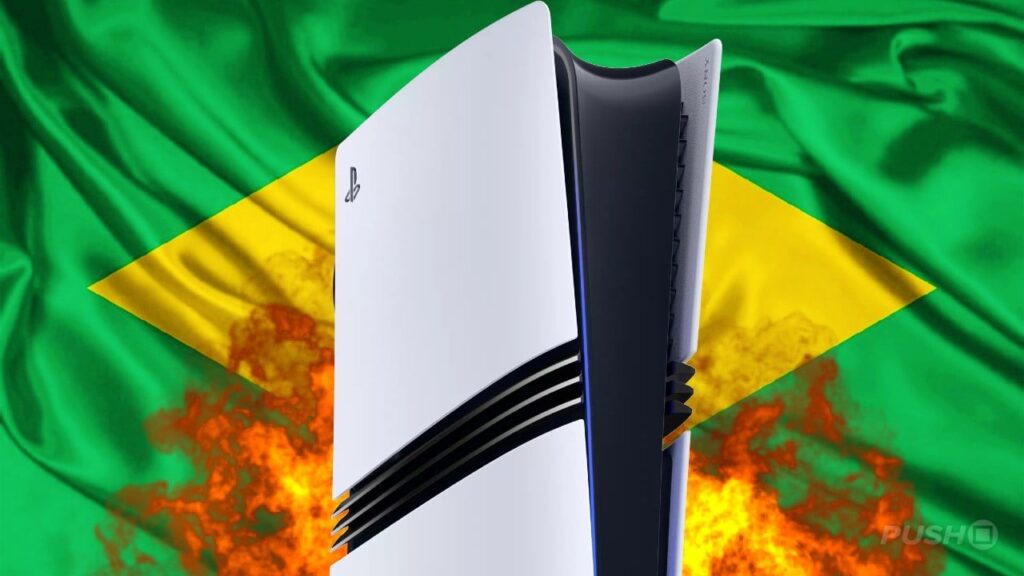
In a move that has left Brazilian gamers reeling, Sony has unexpectedly increased the prices of several titles on the Brazilian PlayStation Store. The price hikes affect both first-party and third-party games, including launch titles like Demon’s Souls. The gaming giant cited “challenging market conditions, including fluctuating exchange rates” as the reason behind the sudden change.
One of the most notable increases is for the newly released Death Stranding 2: On the Beach, which saw its price jump from R$349.90 (approximately $63.80) to R$399.90 (approximately $72.98) just days after its launch. This has sparked widespread frustration among local players, who are already grappling with the high cost of gaming hardware in Brazil.
Market Conditions and Sony’s Justification
Sony’s decision to adjust prices comes amid economic challenges that have been impacting the gaming industry worldwide. In a translated statement published by GameVicio, Sony explained:
“Sony Interactive Entertainment has updated the pricing of PlayStation Store content due to challenging market conditions, including fluctuating currency exchange rates. As a result, Brazil has seen an increase in PS Store games and add-on content. Pricing decisions vary by region and are based on the current economic environment.”
This explanation, however, has done little to appease the Brazilian gaming community, which has long been vocal about the high costs associated with console gaming in the country.
Comparative Pricing and Consumer Reactions
While Sony’s price increases are causing discontent, many gamers have pointed out that third-party titles are often available at lower prices on other platforms, such as Steam. This price disparity has led to a growing number of players considering alternative gaming options.
Historically, PlayStation has enjoyed a global audience, but the PS5’s pricing strategy has been a point of contention. In Europe, high price points have already impacted sales, and a similar trend could be emerging in South America. Meanwhile, in the United States, the PS5 Digital Edition saw a price increase from $399.99 to $449.99 a few years ago, raising concerns about potential future tariffs and their effects on pricing.
Implications for the Gaming Industry
The price hikes in Brazil are indicative of broader economic pressures facing the gaming industry. Fluctuating exchange rates and regional economic conditions are forcing companies like Sony to make difficult pricing decisions. These changes could have long-term implications for market dynamics and consumer behavior in key regions.
Experts suggest that while Sony’s strategy may be necessary from a business standpoint, it risks alienating a loyal customer base. As one industry analyst noted, “Price sensitivity is particularly high in emerging markets, and companies need to balance profitability with accessibility.”
Looking Ahead
As the gaming landscape continues to evolve, companies will need to navigate complex economic challenges while maintaining consumer trust. For Brazilian gamers, the recent price increases are a stark reminder of the financial barriers that can accompany their passion for gaming.
As the situation develops, it remains to be seen how Sony and other gaming companies will address these challenges. Will they find ways to mitigate the impact of economic fluctuations, or will gamers continue to bear the brunt of these changes?
The gaming community is watching closely, and the next steps taken by industry leaders will be crucial in shaping the future of console gaming in Brazil and beyond.






